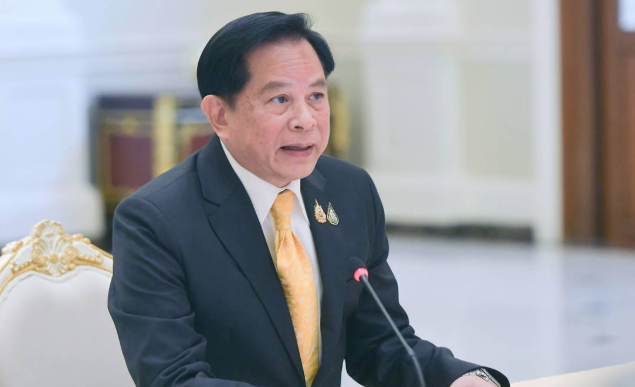
Deputy Prime Minister and Energy Minister Pirapan Salirathavibhaga has called an emergency meeting to evaluate the impact of escalating tensions in the Middle East, following reports that the Iranian parliament has approved a resolution to close the Strait of Hormuz. The resolution is now pending review by Iran’s Supreme National Security Council. The development comes amid reports of U.S. military strikes on Iranian nuclear facilities over the past weekend, raising global concerns over energy supply disruptions.
Permanent Secretary for Energy Prasert Sinsukprasert said the meeting will focus on assessing the situation and developing policy responses should the crisis deepen. Although Iran’s next steps remain uncertain, Thai officials are reviewing measures to safeguard the country’s energy stability and planning for various scenarios involving global supply chain interruptions.
The Strait of Hormuz is a vital channel for global oil transportation, and any disruption could lead to sharp increases in global energy prices. While officials believe a full closure remains unlikely due to the potential worldwide impact, Thailand is moving ahead with contingency planning.
According to the Ministry of Energy, Thailand currently maintains strategic oil reserves sufficient to meet national needs for about 60 days. If access through the strait is blocked, measures may be introduced to manage domestic consumption and explore alternative supply routes or sources.
Outcomes from the emergency meeting, including any adjustments to the national energy strategy, are expected to be announced soon.
[ad_1]
Source: NNT
Thailand Reassesses Energy Strategy in Light of Middle East Tensions


